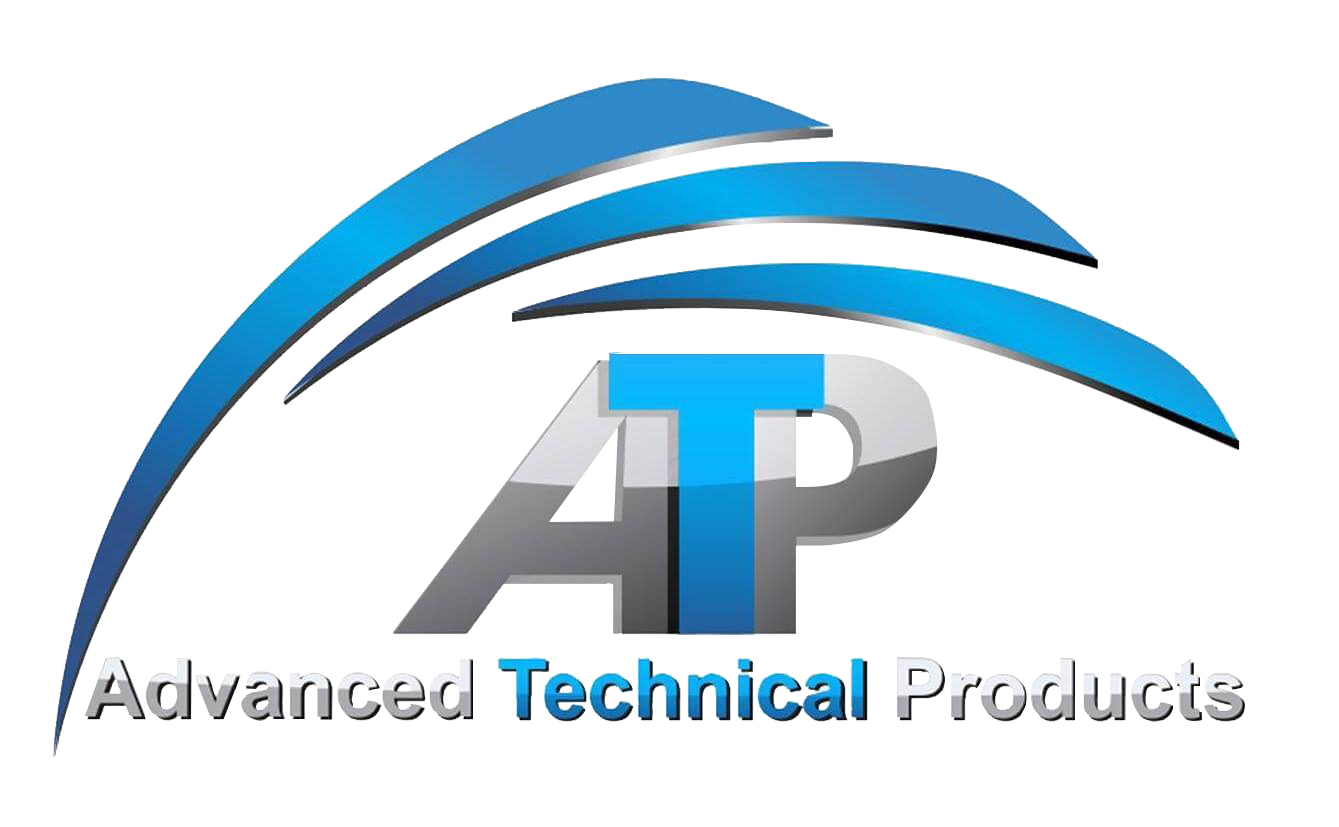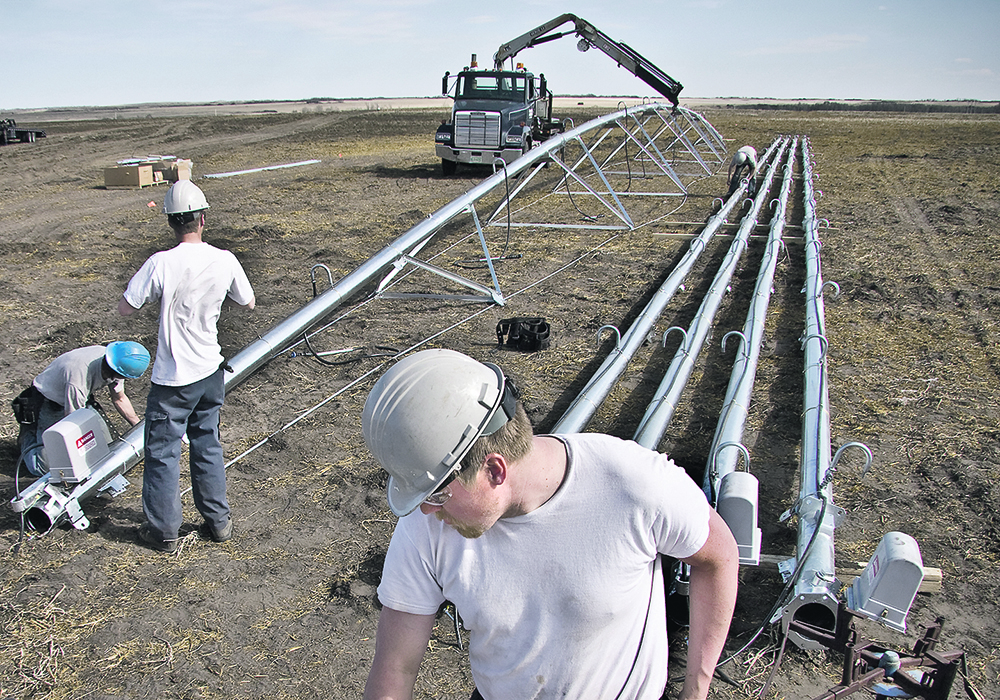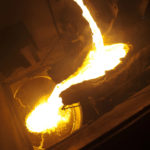Oxidation within aluminum irrigation pipes is a secret enemy. If you don’t see corrosion, then maybe it’s not that bad. Until it leaks or loses structural integrity and then snaps.
But maybe the invisible enemy can be that bad, according to Scott Bryan, technical sales manager for Cortec Corp. in Minnesota.
Cortec specializes in biological water treatments and additives for industry, municipalities and agriculture. They have water treatment projects and products on the go worldwide. They recently turned their attention to the corrosion that eats away at the inside surface of aluminum irrigation pipes.
Oxidation is clearly the culprit, explains Bryan. Oxidation does not occur while water is flowing through the system. When the system goes idle for any length of time, water is drained. At least most of the water is drained.
Bryan says water remaining in the lower part of the pipe protects the aluminum from corrosion because it eliminates atmospheric contact. Corrosion only occurs on the aluminum in contact with air, yet keeping the pipes full all the time is out of the question.
But coating the exposed surface with a corrosion inhibitor might solve the problem. The company was founded on the premise of providing environmentally friendly bio-solutions to protect against corrosion.
Irrigation systems provide water essential to food production so any solution must be benign, Bryan said in a phone interview.
How much land is affected? The United States has more than more than 50 million acres of irrigated land, while Canada has nearly two million acres. Any aluminum exposed to air is susceptible. The risk is greater in areas where groundwater carries a high level of chlorides and sulfates.
Read more: Biology protects corrodible irrigation pipes






